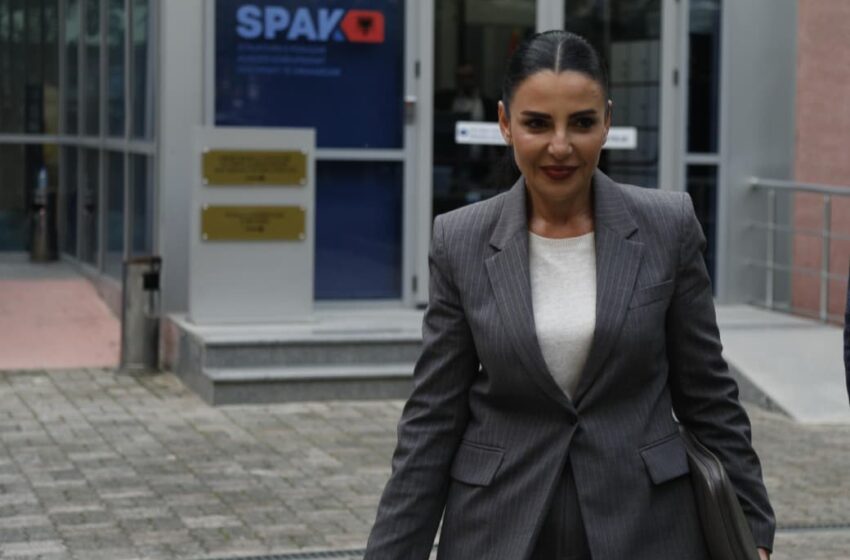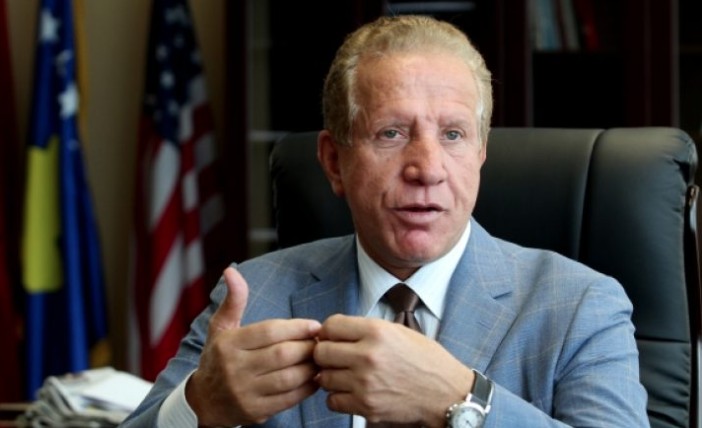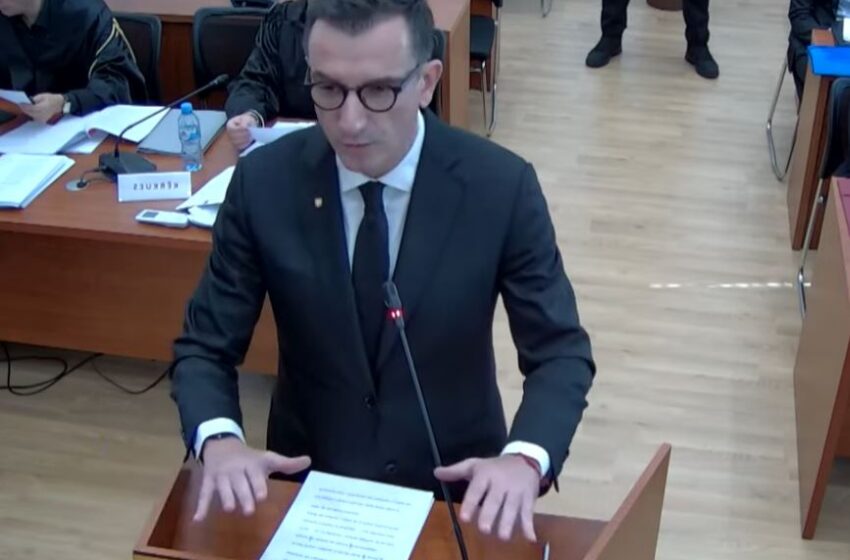Albanian negotiating team to meet European Commission in Brussels this fall for second IGC

Albania’s Negotiating Team is expected to meet with the European Commission in Brussels for the second intergovernmental conference (IGC) this fall. The Minister for Europe and Foreign Affairs, Igli Hasani, confirmed ongoing negotiations with Greece to lift the blockade that has impeded Albania’s EU integration process. This obstruction by Greece followed the arrest by the Special Structure against Corruption and Organized Crime (SPAK) of the mayoral candidate for Himara—who represents the Greek minority in Albania—caught in flagrante while buying votes.
Why is this significant
The removal of the Greek veto would allow Albania to continue its negotiation process after a year-long blockade, advancing with the first set of negotiation chapters. Minister Hasani stated that the negotiating team is prepared with the full dossier, not only for the first chapter related to justice and the rule of law but also for two additional chapters. The Albanian side is now waiting for all EU member states to agree on a date for the second intergovernmental conference, which has been delayed for a year due to Greece’s objections.
Context
Minister Hasani described the clash between the Albanian and Greek governments over the Beleri issue as an unfortunate accident. Athens demanded the release of Fredi Beleri, who was arrested by Albanian authorities for vote-buying just 48 hours before election day on May 14, 2023. The Albanian Prime Minister reiterated that the matter was in the hands of the judiciary and that no one, including Greece—considered a friendly state—could interfere in such issues. A year after his arrest, the Special Court against Corruption and Organized Crime found Beleri guilty and sentenced him to two years in prison. Following the ruling and the partial local elections in Himara, where the Socialist Party’s candidate Vangjel Tavo, also a representative of the Greek minority, won, Athens appears to have softened its stance. The recent statements from the Greek Foreign Minister regarding the intergovernmental conference this fall suggest a change in Greece’s position, indicating it will no longer obstruct Albania’s European integration.
The shift in Greece’s approach seems to be influenced by pressure from EU leaders such as Scholz and Macron, who have publicly urged that bilateral political issues not be used to block EU enlargement.


